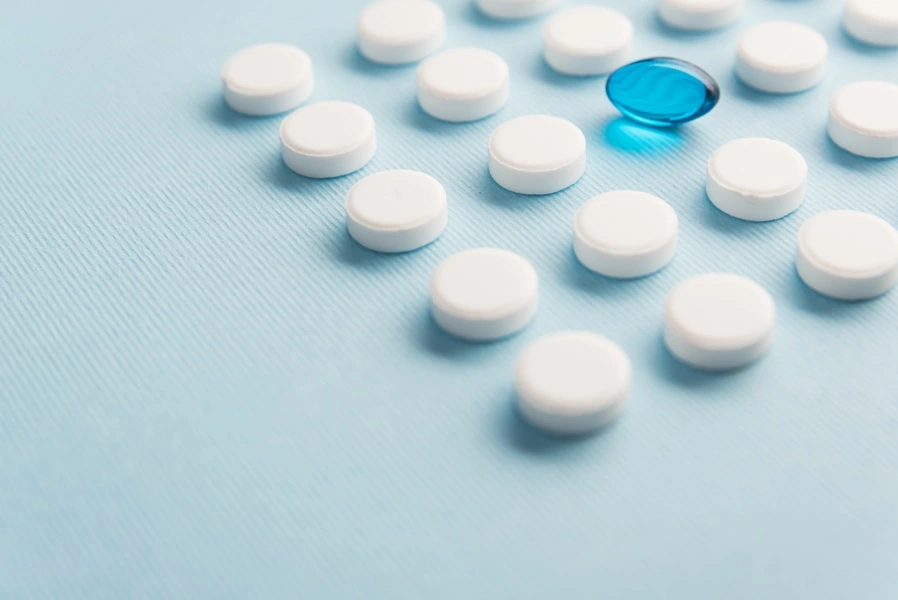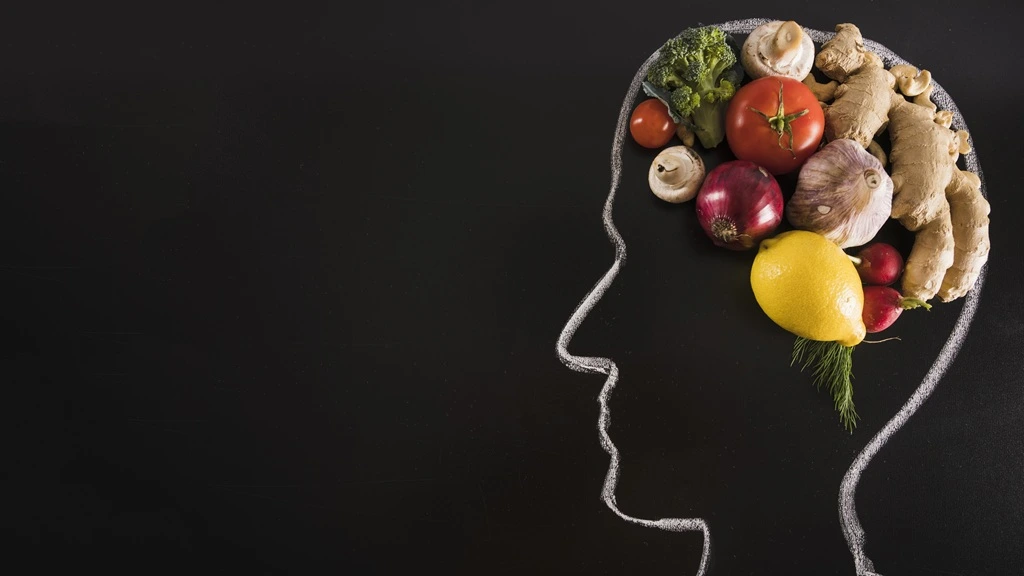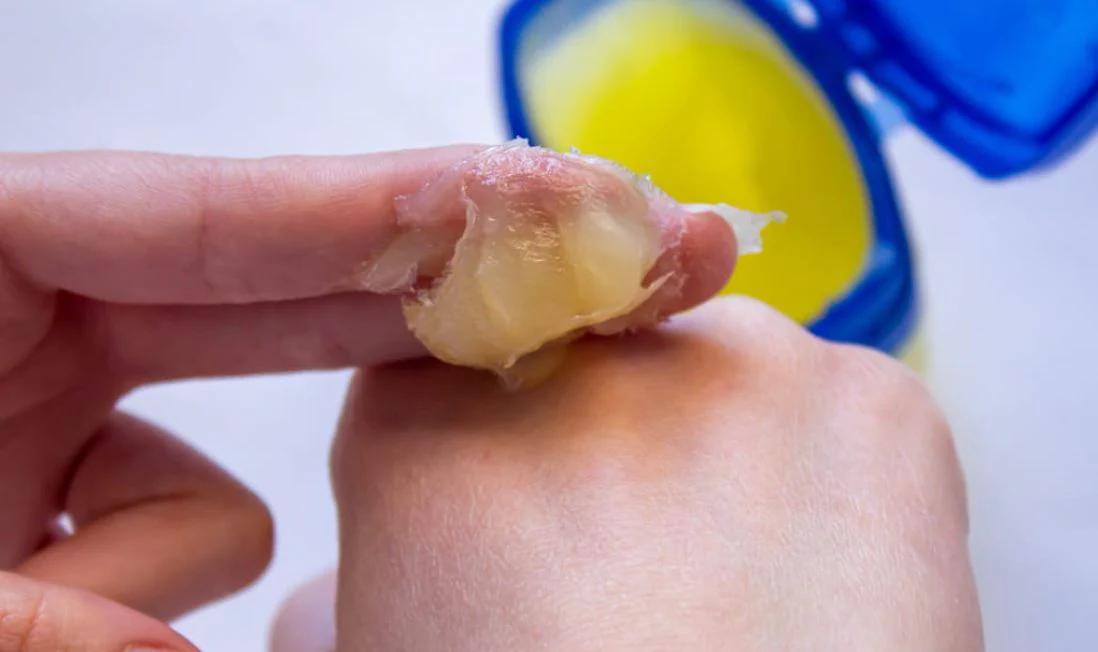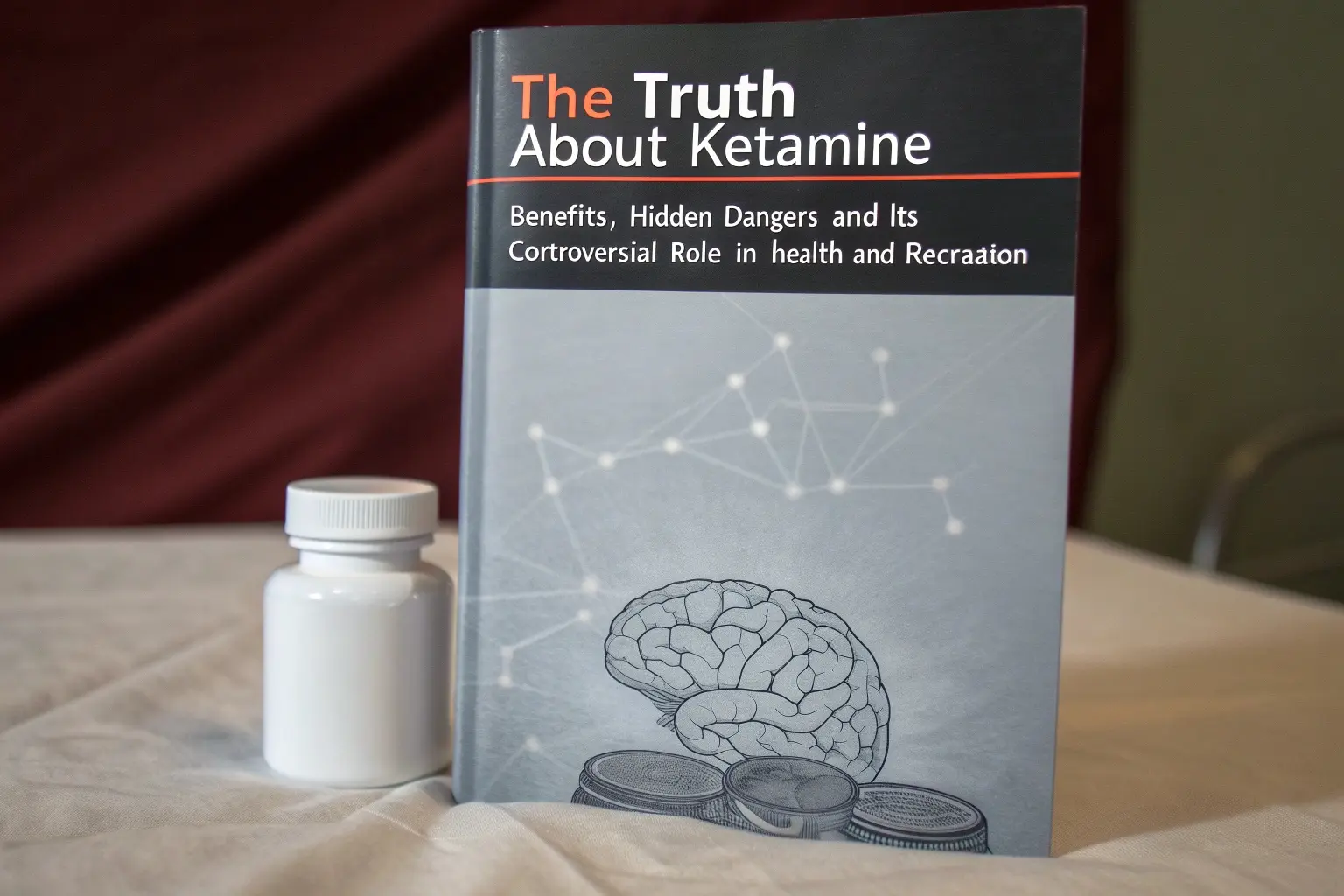The Microbiome and Me: What Trillions of Tiny Organisms Taught Me About Longevity
If someone had told me five years ago that the secret to longevity might be living inside my gut, I would’ve laughed and gone back to my green smoothie. But
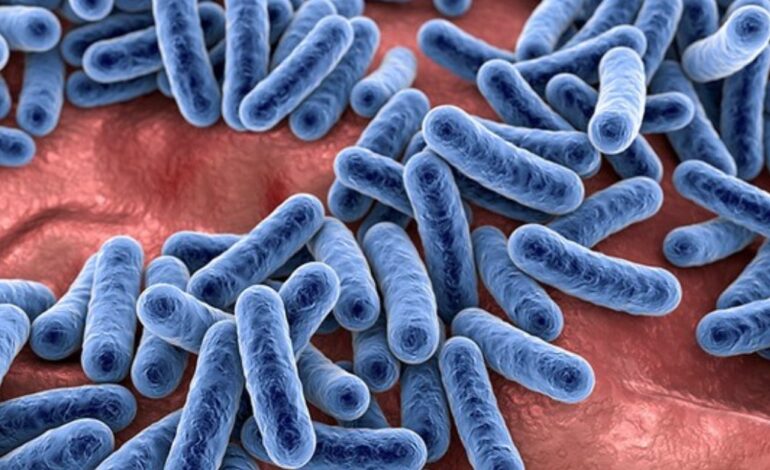
If someone had told me five years ago that the secret to longevity might be living inside my gut, I would’ve laughed and gone back to my green smoothie.
But today, I know better. Because learning about the microbiome didn’t just change how I think about food, aging, and disease — it changed how I treat my body, and ultimately, how I live.
When Did I First Realize My Gut Was Trying to Tell Me Something?
My journey with the microbiome began like so many health revelations do: with discomfort.
In my early 40s, I started experiencing bloating that wouldn’t quit. Some days I looked pregnant after a simple salad. My skin flared up with rosacea, and my mood was all over the place. Worst of all, I just didn’t feel like myself. My energy dipped. My memory played tricks. I chalked it up to hormones and aging.
But deep down, I knew something was off. I began wondering whether my symptoms were connected to the state of my gut microbiome and how deeply it might be influencing my overall well-being.
After visiting a functional medicine practitioner and running a GI map (a detailed stool test), I learned the truth: my gut microbiome was a mess. I had low bacterial diversity, an overgrowth of harmful bacteria, and almost no beneficial strains left to protect me. My skin, my mind, even my immune system — they were all reacting to the imbalance in my gut. It became clear that improving my gut health and longevity would require rebuilding and supporting this fragile internal ecosystem.

What Is the Microbiome and Why Does It Matter So Much?
For those unfamiliar, the human microbiome is the vast community of trillions of microorganisms — bacteria, fungi, viruses, and more — that live on and inside us. Most of them reside in our gut, but they’re also on our skin, in our mouth, and even in our lungs.
These microbes aren’t just passive passengers. They:
- Help digest our food
- Regulate our immune response
- Influence hormones
- Impact mood and brain function
- Contribute to inflammation or help reduce it
- Even play a role in how we age
What shocked me most was the growing research connecting microbiome health to longevity. Blue Zone studies, which look at populations that live the longest, have found consistent patterns in gut-friendly diets — rich in fermented foods, fiber, and polyphenols. Meanwhile, scientists are now exploring how gut composition might predict lifespan and influence age-related diseases like dementia, cancer, and autoimmune disorders.
How Did I Rebuild My Inner Ecosystem and Heal My Gut?
Fixing my gut didn’t happen overnight. I started slowly — with food.
- I added more prebiotic fiber (think leeks, garlic, onions, and asparagus) to feed the good bugs.
- I incorporated fermented foods like sauerkraut, kimchi, and kefir.
- I cut back on sugar and processed foods, which had been feeding the wrong crowd.
- I used targeted probiotics — not blindly, but with guidance based on my gut testing.
- I took care of my skin microbiome too, switching to gentle, microbiome-friendly cleansers and oils instead of harsh antibacterial products.
Within months, my bloating disappeared. My rosacea calmed. My focus sharpened. I felt younger — not just emotionally, but biologically.
Read About: Let’s Talk About Poop: The Honest Guide to Knowing If Yours Is Healthy
Aging From the Inside Out
One thing that really stuck with me is this: Healthy aging begins in the gut.
As we grow older, our microbiome naturally changes — and not always for the better. Diversity tends to decrease, and that decline is now being linked to frailty, chronic inflammation, and reduced immune resilience. But the good news? It’s never too late to nourish your inner ecosystem.
Every choice we make — what we eat, how we sleep, the meds we take, even how we manage stress — can shape our microbiome for better or worse.
And this isn’t just about living longer. It’s about living better — with energy, clarity, mobility, and joy.
What Should You Know About Your Gut’s Role in Overall Health?
If you’re struggling with digestive issues, skin flare-ups, anxiety, or simply feel off, don’t ignore your gut. Listen to it. Feed it. Respect it.
Here’s what I wish someone had told me sooner:
- Your gut isn’t just about digestion — it’s your second brain, your immune powerhouse, and your longevity partner.
- Your skin’s health reflects your internal terrain. A glowing complexion starts in the gut, not the medicine cabinet.
- You can change your microbiome in as little as 24–72 hours with the right foods and lifestyle shifts.
- Your microbiome can help protect you from age-related disease — but only if you protect it first.
Final Thoughts from a Fellow Explorer
I’m not a scientist. I’m a writer. A woman in her 40s. Someone who believed the hype that aging had to mean decline. But then I discovered something ancient and beautiful living inside me — a vibrant community of microbes that just needed support. I realized that nurturing my inner ecosystem was deeply connected to gut health and longevity, shaping how I age from the inside out.
So now, I eat to feed them as much as I feed myself.
And maybe, just maybe, that’s one of the real secrets to a longer, better life.
With curiosity and gratitude.


